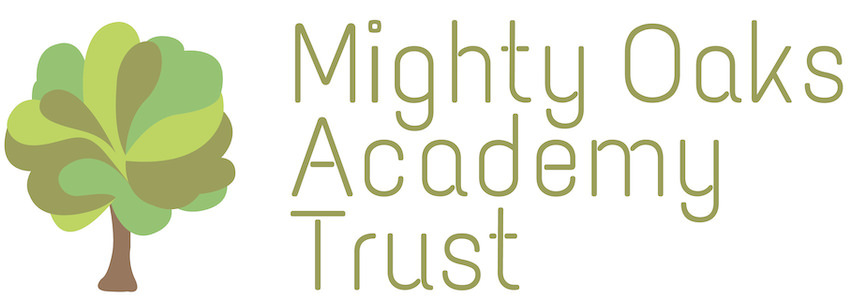Since September 2020, Relationships Education has been compulsory for all pupils receiving primary education and Relationships and Sex Education (RSE) for all pupils receiving secondary education. Health Education is now compulsory in all schools too.
In primary schools, the subjects should put in place the key building blocks of healthy, respectful relationships, focusing on family and friendships, in all contexts, including online. This will sit alongside the essential understanding of how to be healthy.
Why it’s important
Children and young people are growing up in an increasingly complex world and they need to know how to be safe and healthy. RSHE helps them embrace the challenges of creating a happy and successful adult life. These subjects support children and young people to develop healthy relationships, and to keep themselves and others safe, both on and offline.
RSHE should be a key pillar in any school’s plan for creating an inclusive, safe and respectful school environment where bullying, sexual violence or sexual harassment is not tolerated.
It also provides pupils with the knowledge that will enable them to make informed decisions about their wellbeing.
At primary school relationships education teaches children a wealth of information about healthy relationships, including how to communicate their own boundaries and recognise the boundaries of others, staying safe online, and the differences between appropriate and inappropriate or unsafe contact. We strongly encourage schools to include the teaching of different family models and same-sex relationships.
Health education should include puberty, including menstruation, and this should as far as possible be addressed before onset. It also focuses on teaching the characteristics of good physical health and mental wellbeing, and teachers should be clear that mental wellbeing is a normal part of daily life, in the same way as physical health.
We at Priorslee Academy follow the ‘The Respect Yourself: Eat Better, Move More, Relationship and Sex Education (RSE)’ primary programme (please see below for the topics that will be covered using this programme) as well as using the ‘Expect Respect – Healthy Relationships’ toolkit. We also teach the children about Water and Road Safety, The NSPCC’s Underwear Rule and their ‘Speak Out, Stay Safe’ campaign.
Right to be excused from sex education:-
Parents have the right to request that their child be withdrawn from some or all of sex education delivered as part of statutory RSE. Before granting any such request, the head teacher would need to discuss the request with parents and, as appropriate, with the child to ensure that their wishes are understood and to clarify the nature and purpose of the curriculum. Schools will want to document this process to ensure a record is kept.
The head teacher will discuss with parents the benefits of receiving this important education and any detrimental effects that withdrawal might have on the child. This will include any social and emotional effects of being excluded, as well as the likelihood of the child hearing their peers’ version of what was said in the classes, rather than what was directly said by the teacher.
Head teachers will automatically grant a request to withdraw a pupil from any sex education delivered in primary schools, other than as part of the science curriculum.
There is no right to withdraw from Relationships Education or Health Education.


